Dorothy Cotton
Born in Goldsboro, North Carolina, Dorothy Cotton attended Dillard High School. She was a student at Shaw University in Raleigh, North Carolina, and transferred after one year to Virginia State College in Petersburg, Virginia. There she studied English and Library Science. She received her Master’s Degree in Special Education and Speech Therapy from Boston University. Dr. Cotton was the Education Director for the Southern Christian Leadership Conference for twelve years, working directly with Dr. King and preparing many of what he called “the ground crew” in various areas.
Dorothy served on his executive staff and was part of his entourage to Oslo, Norway, where he received the Nobel Peace Prize in 1964. She served as the Vice President of Field Operations for the Dr. M.L.K. Jr. Center for Nonviolent Social Change in Atlanta. She translated years of experience and learning in words and song bearing messages of hope. Through “Songs of the Movement,” laughter, and storytelling, Dorothy synthesized the lessons from our history into a hardworking vision for the future. Dorothy got us to laugh, sing, and join together to create a more caring and humane world. She was an educator, speaker, singer, peacemaker, and visionary.
Music was important in the Civil Rights Movement, and Dorothy taught America and many other places the songs of the Civil Rights Movement, including “We Shall Overcome.” This theme song of the movement has gone down in history, but it is not the only one. “We Shall Overcome” is a song that needs to be understood if one is to stay faithful to its origin. It can be sung triumphantly; it can be sung prayerfully. Whether sung prayerfully or in the spirit of triumph, it should be sung with hope and determination for victory, for achieving positive goals. This song emerged against oppression. It came out of suffering! Dorothy always reminded us that “We Shall Overcome” was – and should remain – a sacred song, a prayer song. It can be sung with joy and great anticipation, and always with hope. “We Shall Overcome” is hope made flesh.
This is what Dorothy stood for and what her legacy stands for today. Her witness about yesterday preserves the lessons from earlier times and shares hope for our challenges today. We need to learn what we can from the journey of Martin Luther King, Jr., and to find our own strength and our own vision for how each of us can serve in our own way. Dorothy was proud to be associated with the Dorothy Cotton Jubilee Singers and enthusiastically supported our mission of preserving the Negro Spirituals and spreading goodwill through music.




